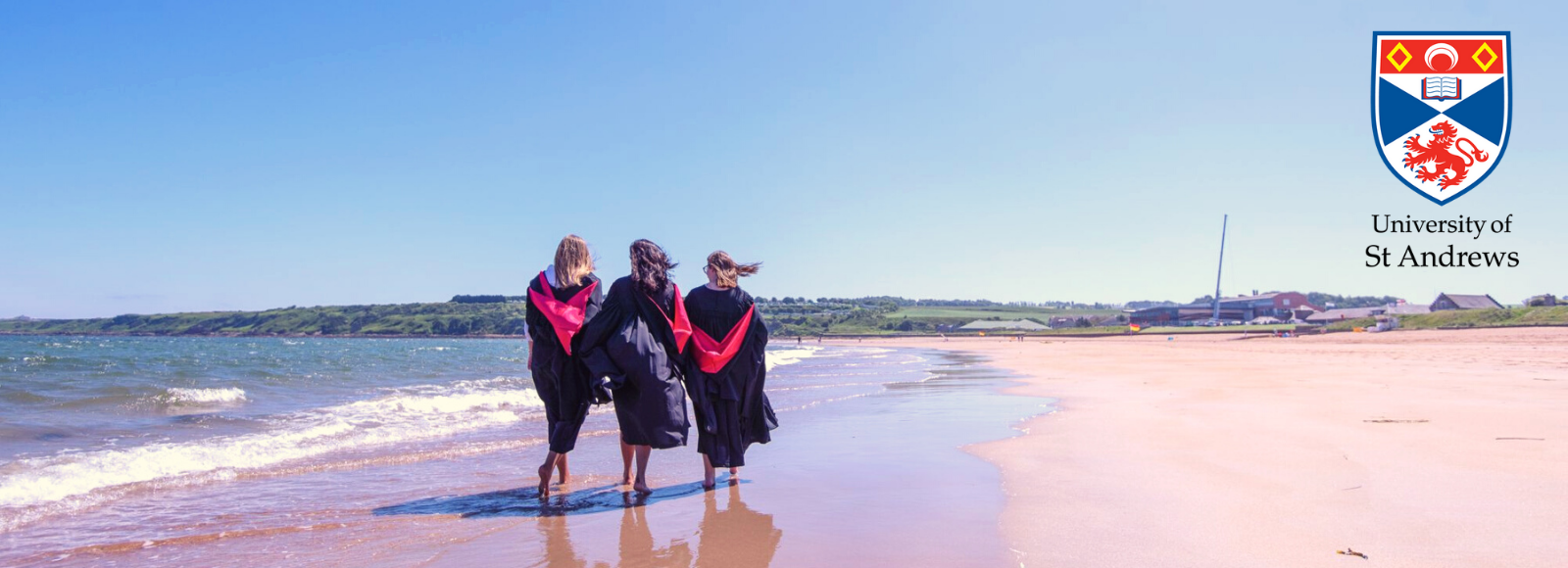- ...
Postgraduate Studentships - Search for funding opportunities.
Postgraduate Studentships - Search for funding opportunities.
The Masters in International Business is a one-year taught programme run by the School of Management.
Highlights
Teaching Format
Teaching is delivered through a mixture of core and optional modules using a range of delivery methods including lectures, small group tutorials, workshops and seminars. The average lecture size is 50 students, however, in some cases there will be seminars of 15 to 18 studentslarger lectures with approximately 100 students, which would normally be augmented by small group tutorials made up of International Business students.
Assessment comprises a combination of coursework and examinations. Over the summer months, students undertake a research project culminating in a written dissertation of 15,000 words. You will attend a weekly series of lectures and workshops focusing on research methods and other topics to provide support and help prepare you for the dissertation.
Further particulars regarding curriculum development.
A 2.1 undergraduate Honours degree in a management or business-related subject from the UK or the equivalent international qualification. Applicants with business experience are welcome, and work experience may be taken into account in the evaluation of applications.
The qualifications listed are indicative minimum requirements for entry. Some academic Schools will ask applicants to achieve significantly higher marks than the minimum. Obtaining the listed entry requirements will not guarantee you a place, as the University considers all aspects of every application including, where applicable, the writing sample, personal statement, and supporting documents.
For fees and funding options, please visit website to find out more
Alumni from the Masters in International Business, and from other Masters programmes in the University of St Andrews Business School, have secured employment in the fields of general management, management consultancy, marketing and brand management, accountancy, investment analysis, fund administration and other aspects of the financial services industry.
Graduates from the Masters in International Business have taken up roles in a wide variety of organisations in the public and private sector including:
The Careers Centre offers one-to-one advice to all students as well as a programme of events to assist students in building their employability skills.
Compulsory
Optional
Students choose two optional modules, taking one in each semester. For the latest optional module information, see the module catalogue.
Here is a sample of optional modules that may be offered:
Optional modules are subject to change each year and require a minimum number of participants to be offered. Some may only allow limited numbers of students (see the University's position on curriculum development).
Dissertation
Students attend lectures throughout Semesters 1 and 2 to prepare them for conducting the research portion of the dissertation. The dissertation is normally on a specific area of international business, however, at the University of St Andrews Business School, you will have the freedom to develop a topic of your own, which is of interest to you and will contribute towards your career development or further study goals.
Supervisors are assigned based on a research proposal submitted in the second semester. Students will then research and write a 15,000-word dissertation over the summer to be submitted on a date specified in August.
If students choose not to complete the dissertation requirement for their Masters degree (MLitt), there are exit awards available that allow suitably qualified candidates to receive a postgraduate diploma (PGDip). By choosing an exit award, you will finish your degree at the end of the second semester of study and receive a PGDip instead of a MLitt.

Scotland’s first university, an experience like no other Masters programmes to help you find your future. Are you looking to earn an outstanding pos...
Sign up to Postgraduate Studentships
Sign up to compare masters
Thanks for making your selection. Click below to view your comparisons.